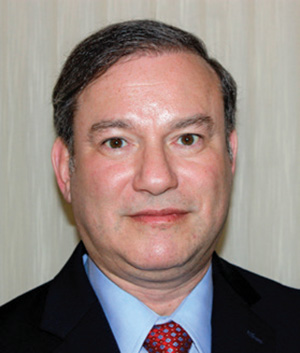
Why do we call this Shabbos “Shabbos Hagadol,” the great Shabbos? What is so great about it? What is the connection with the upcoming holiday of Pesach it precedes?
The most popular explanation is that the Jews tied up lambs, which were considered to be Egyptian gods, for the Passover sacrifice. These lambs were conspicuously tied to their bedposts on the Shabbos before Pesach. The unexpected restraint of the Egyptians, who did not attack the Jews, was considered a great miracle. Hence, it was called a “great” Shabbos.
A second explanation is that it is traditional for pulpit rabbis to deliver extra-long discourses on the Shabbos before Pesach. This would typically delay the service by up to several hours. Congregants expected that this would be a long day, with a long sermon. As such, Shabbos Hagadol did not mean “the great Shabbos” as much as it meant “Get ready, it’s going to be a long day.”
A third explanation is that the phrase is connected with the 23rd verse in the haftarah. This verse speaks about getting ready for Elijah the Prophet, who would be sent “on the great, awesome day of God.” Haftarah-based names are common on certain Shabbosim. Hence we have Shabbos Chazon, Shabbos Nachamu and Shabbos Shuva.
When we think about it, the theme of the haftarah is actually similar to the idea of the Jews following the directive of tying up the lambs to their bedposts. The haftarah is read from Malachi and speaks about having faith in Hashem. The famous verse reads that the Jewish people were free to test Hashem when it came to giving charity. Hashem promised that if the Jewish people freely tithed, God, in turn, would open up the windows of Heaven and “pour down blessings beyond comprehension.” Similarly, the Jewish people in Moshe’s time were asked to perform an act of faith. Not only were they told not to try to blend in and assimilate with the Egyptian culture, they had to go out of their way and tie a local deity, a lamb, to the most conspicuous place, their bedrooms, and trust for the best.
As we reflect upon the upcoming holiday of Pesach, when we gained our independence after witnessing all sorts of miracles, we can learn some important lessons. First, we do not have to succumb to the pressures of fitting in with our secular society. Historically, Jews tried their hardest to blend into their surrounding secular society. In the early 1900s, the established Jews in America were ashamed of the new generation of immigrant Eastern European Jews who “looked too Jewish.” Even in our time, there is controversy about erecting nearly invisible “eruv” wiring around northern New Jersey towns because it may bring in hasidic-looking Jews.
However, we need to remember that in today’s modern times we are encouraged to celebrate pluralism and diversity. New York Times columnist Jonathan Weisman lamented last Sunday that as much as we have tried to blend in, last year’s rise in anti-Semitism has been the highest ever. He promoted the idea of Jews proudly embracing Judaism, taking a stronger stand.
This follows our recent celebration of Purim where Mordechai refused to bow to the pressures of assimilation and proudly identified as a Jew. Ultimately, he and the Jewish people overcame their enemies and prospered. We read out loud the verse that described how he dressed in the fanciest colored clothing and was proud to stand out. He was known as “Mordechai HaYehudi,” Mordechai the Jew.
The second lesson to be learned is that we need to trust in Hashem and His promises. At this time of year, for example, when giving charitable “maot chitim” to help the less fortunate, we need to trust in Hashem that He will reward our good deeds and pay us back “beyond our comprehension.” When we do that, we can rest assured that not only will this day of Shabbos be called great, but we as individuals and as a people will also be called great.
By Rabbi Dr. Avi Kuperberg
Rabbi Dr. Avi Kuperberg is a forensic, clinical psychologist and the president of the Chai Riders Motorcycle Club of New York/New Jersey. He leads the Summit Avenue Shabbos Gemara shiur and minyan in Fair Lawn, New Jersey. He can be contacted at psychologist@juno.com.










